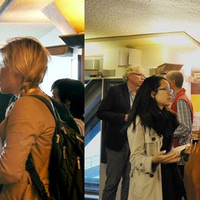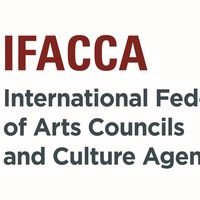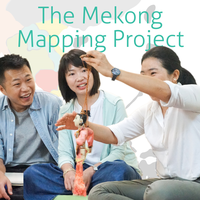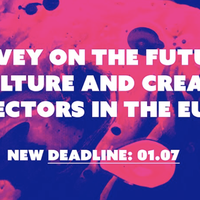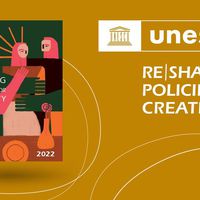Informal Cultural and Creative Industries in Cambodia: Mapping Human Resources and Socio-economic Conditions
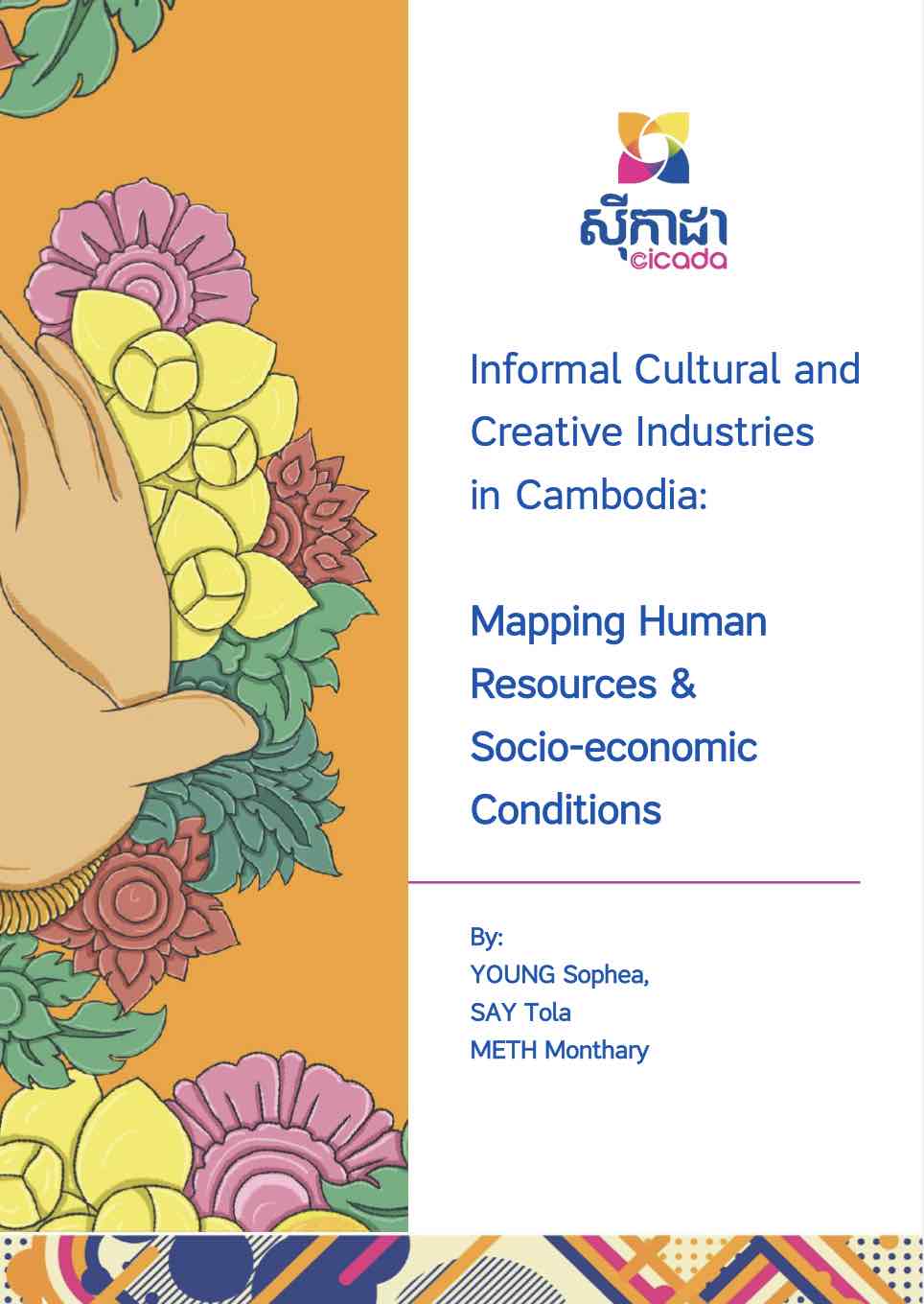
The ‘Informal Cultural and Creative Industries in Cambodia: Mapping Human Resources and Socio-economic Conditions’ report, from Creative Industries of Cambodia Association for Development and Advocacy, aims at understanding the landscape of informal cultural and creative industries in Cambodia, mapping demographic background, education and skills, working conditions, livelihood characteristics, and challenges and career pathways of artists and workers in the informal cultural industries defined as those classified as freelance, self-employment, volunteer, non-full-time, informal owners of enterprise and family business.
The study employed online and in-person questionnaire surveys of 414 artists and workers from different parts of Cambodia and conducted unstructured interviews with seven key informants who participated in the survey, to understand their concerns, challenges, and prospects.
The study found that most artists and workers in the informal cultural industry are males, as females tend to leave their careers early due to marriage and household and child-rearing duties. Most artists and workers lived and worked in the country's major economic centres, mainly Phnom Penh, Battambang, and Siem Reap. Cultural artists and workers do not have to earn university degrees to work in the industry, as they mainly acquire skills from informal training. While all artists and workers have many skills in the cultural industry, most of them have primary skills in music and performance.
The artists and workers in the informal cultural industries face many challenges, most of which are the lack of recognition by different stakeholders even though they have committed to preserving Cambodia’s valuable culture and traditions, especially the music and performance artists and workers. The latter have claimed they cannot survive on the income generated from the performance services, but they want to preserve the culture. Almost all artists and workers said they have not benefited from social protection schemes. Given their significant contribution to preserving Cambodia's culture and active contribution to the economy, these artists and workers should be benefited from governmental support.
Similar content
posted on
28 Mar 2022
posted on
26 Jun 2018
posted on
12 May 2022
posted on
08 Feb 2022

